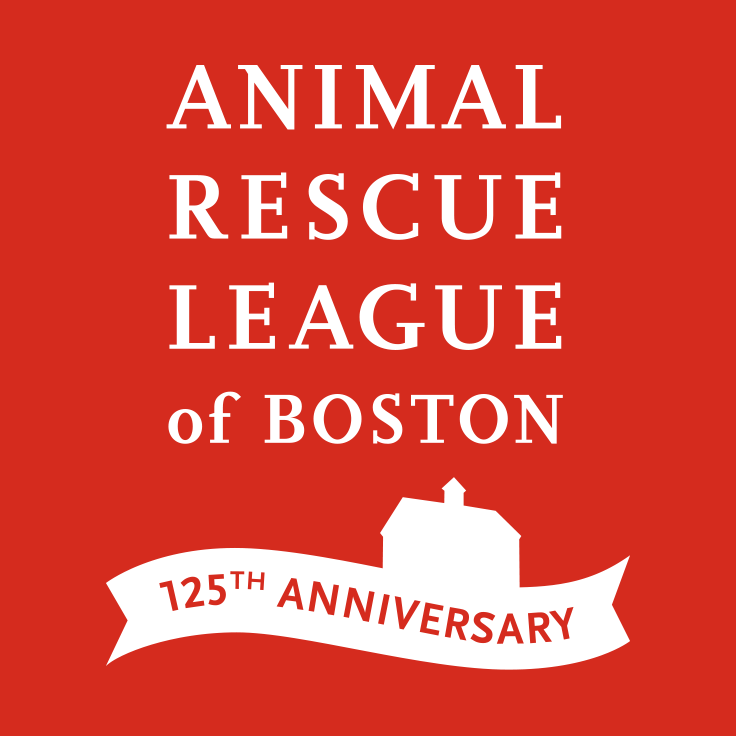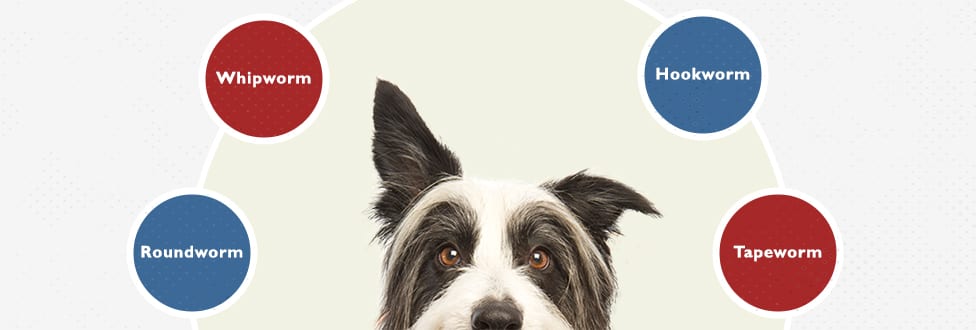July is Parasite Awareness Month
5 helpful tips and a special at Boston Veterinary Care (BVC) to help protect your pet
During National Parasite Awareness Month this July, the Animal Rescue League of Boston (ARL) and Boston Veterinary Care (BVC) focus our attention on intestinal parasites that live in the inside the gastrointestinal (digestive) tract of dogs and cats.
Read BVC’s FAQs on intestinal parasites:
Q: What are intestinal parasites?
A: Intestinal parasites, sometimes referred to as “worms”, are organisms that typically live inside an animal’s intestinal wall. The most common forms of intestinal parasites are roundworms, tapeworms, hookworms, whipworms. These parasites are usually ingested by mouth and then work their way into the intestines where they can reproduce and cause symptoms.
While some intestinal parasites don’t show any signs, others can cause more noticeable symptoms, such as diarrhea, vomiting, weight loss, or dry fur or hair. In some dogs or cats, worm eggs can lay dormant (inactive) and only bring about symptoms during times of stress.
Q: Is only my pet at risk of contracting parasites? Or can it be transmitted to humans too?
A: Unfortunately, if your pet contracts an intestinal parasite, it can easily spread onto other pets and human family members too. Pets and young children are most at risk because they are more likely to ingest contaminated soil, sand, grass, or food that has fallen on the ground.
Q: How do veterinarians diagnose intestinal parasites in pets?
A: Most intestinal parasites are diagnosed by using a microscope to find eggs in a fecal sample. Because animals are exposed to parasites in their environment throughout their life, routine fecal examinations allow many parasites to be treated before they can cause symptoms or spread to other animals and humans.
Q: How can I prevent my pet and other family members from contracting intestinal parasites?
A: Simple preventative measures can reduce the risks associated with the transmission of intestinal parasites to pets and people. Protect your pet and family by following these 6 important guidelines:
- Clean up and dispose of pet waste regularly. Dog and cat feces should be picked up immediately and cat litter boxes should be changed daily. Be sure to dispose of pet waste properly and never handle directly with your bare hands.
- Maintain good personal hygiene within your household. Wash your hands immediately after coming into contact with pet waste, raw meat, sand, or soil. Encourage children to wash their hands after playing outdoors or coming into contact with an animal, especially one that is not your household pet.
- Feed pets cooked or packaged food; never feed them raw meat. Change their water bowl several times a day.
- Supervise young children sitting in the yard, sandbox, or playground. Discourage them from eating food that has fallen on the ground or putting their hands in their mouth after touching sand or soil.
- Cover sandboxes and play areas when not in use. This will prevent wildlife and stray animals from contaminating the areas where your pets or children play.

During Parasite Awareness Month this July, protect your pet and family members from “worms” that can cause gastrointestinal issues!
As always, prevention is key! Schedule your pet for annual veterinary appointments and be sure to ask your veterinarian about year-round parasite preventatives. To make an appointment with Boston Veterinary Care, please call (617) 226-5605 or email bvc@arlboston.org.

